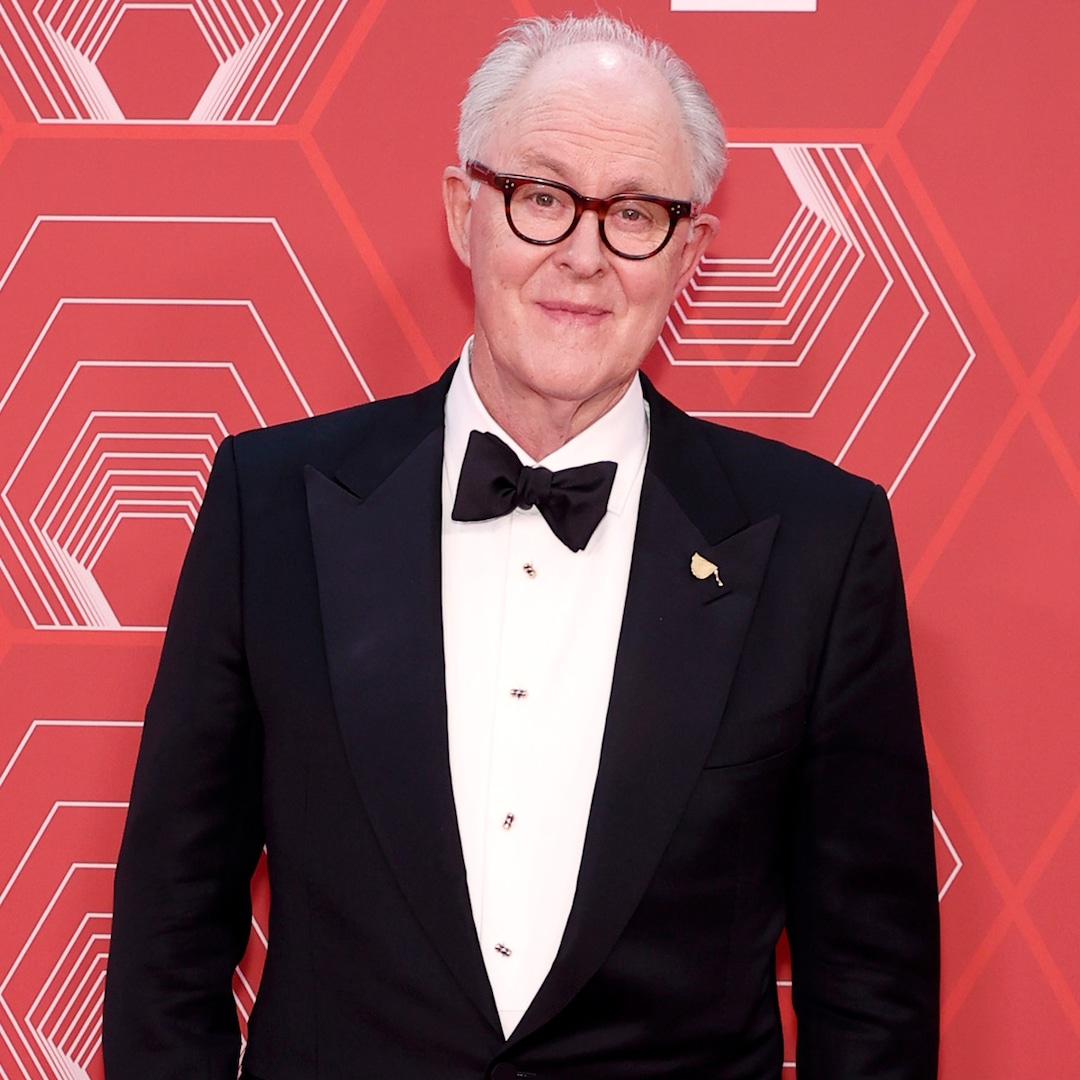EU Budget – Austrian Government Insists on Savings and Discounts
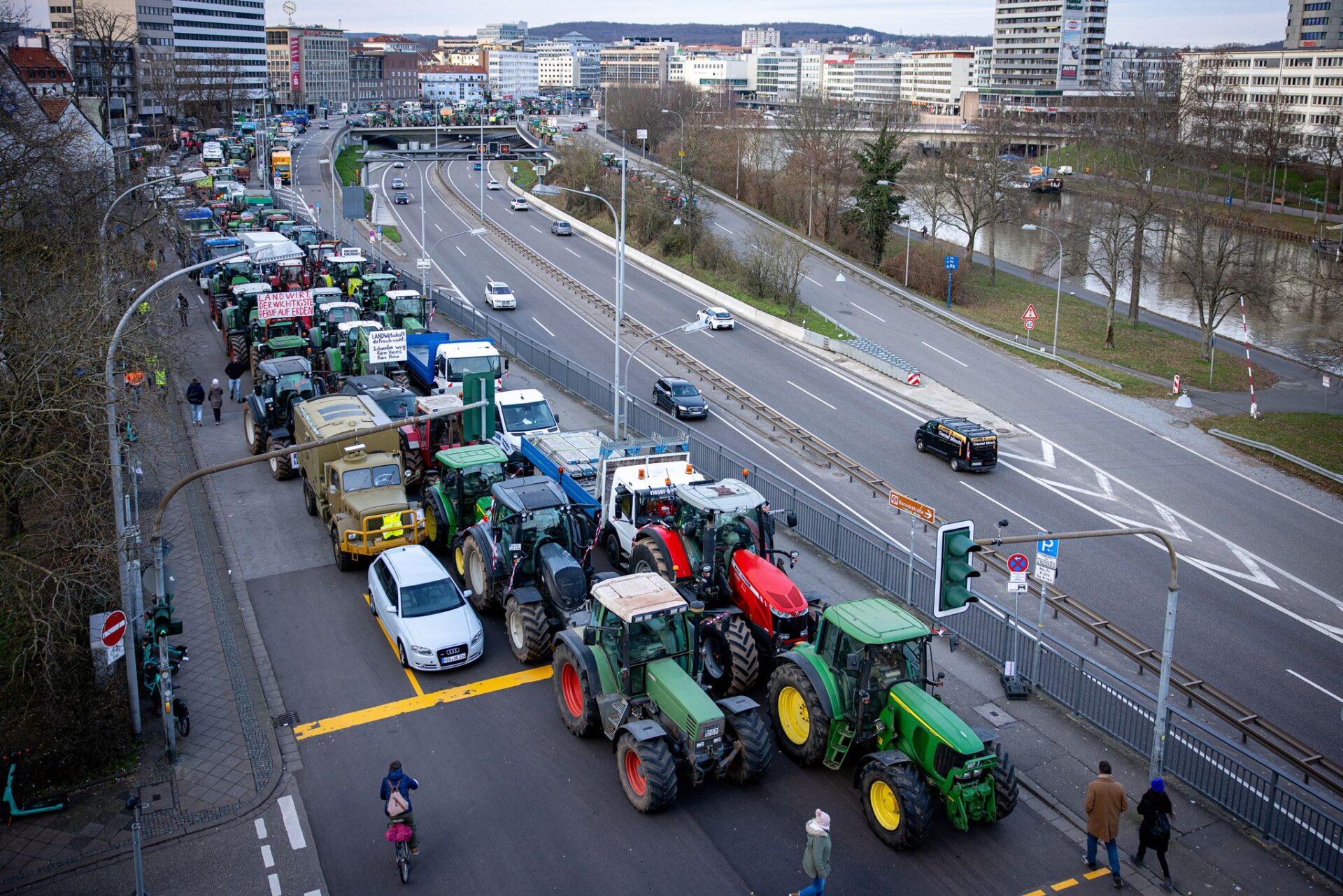
Vienna – Following the presentation of the proposal for the future EU multiannual budget, Austria has reaffirmed its negotiating position. “In light of the EU fiscal rules and the consolidation of the Austrian budget, I believe there can be no increase in Austria’s EU contribution,” emphasized European Minister Claudia Plakolm (ÖVP) in a statement on Wednesday. They will also insist on the rebate from the last negotiations and are against debt financing.
“We already face the challenge of having to repay the Covid bonds, including interest. There must be no expenditures at the expense of future generations,” Plakolm stressed in a joint statement with Finance Minister Markus Marterbauer (SPÖ) and Foreign Minister Beate Meinl-Reisinger (NEOS).
Austria will “constructively contribute” to the EU Commission’s proposal for new revenue sources for the Union, Plakolm promised. They will focus on those funds “from which we receive money,” she said, referring to the Common Agricultural Policy, particularly rural development. This must remain adequately funded and independent. Marterbauer insisted that the funds from the European Social Fund “must be maintained in full.” They are also advocating that at least 30 percent of the EU budget funds be invested to achieve climate goals.
While an increase in Austria’s EU contribution should also be “avoided” according to Marterbauer, Meinl-Reisinger did not explicitly commit to this. She emphasized that the next multiannual financial framework should promote growth, competitiveness, and innovation, while also strengthening the security of Europe and Austria. “At the same time, it is clear: We must manage with limited resources and set priorities. A modern EU budget must become more flexible to better respond to crises, streamline funding structures, and focus more on future investments – such as in the digital and green transition or in joint infrastructure projects,” emphasized the NEOS leader.
Agriculture Minister Totschnig expresses concern
Agriculture Minister Norbert Totschnig (ÖVP) expressed critical views. The dissolution of the existing two-pillar structure in agricultural policy is “a central danger” for Austrian agriculture, he emphasized in a statement. “The plans of the European Commission jeopardize the existence of our farmers, as our small-scale and family-oriented agriculture is heavily dependent on the second pillar of the Common Agricultural Policy,” he warned.
Sharp criticism from the FPÖ
Austrian EU parliamentarians also spoke out. “What the EU Commission presented today is a scandal. They demand new own resources, want to further inflate the budget, and even introduce their own taxes – this is nothing more than another step towards an EU central state,” fumed FPÖ delegation leader in the European Parliament, Harald Vilimsky. His colleague Roman Haider dismissed the proposal as “completely unacceptable” and spoke of an “unbelievable increase (of the multiannual budget) to now 2 trillion euros.” He specifically criticized the proposed political conditionality in the allocation of EU funds. New debts should also be rejected, and further EU own resources are unnecessary. “Across Europe, frugality is the order of the day. This also applies to the EU. The Commission’s constant greed for new own resources has become intolerable,” complained the representative of the largest Austrian parliamentary party.
Reinhold Lopatka, the ÖVP delegation leader in the European Parliament, stated that in light of the upcoming consolidation of the Austrian budget, it is a priority to “stabilize our EU contribution and not increase it.” Therefore, they reject “any further joint borrowing.” Alexander Bernhuber, agriculture spokesperson for the ÖVP in the European Parliament, criticized the proposal for a joint fund for regional and agricultural funding. This jeopardizes supply security and creates competitive distortions.
SPÖ delegation leader Andreas Schieder welcomed the EU Commission’s proposal for a higher budget framework than in the current financial period. However, given the planned fundamental changes – only three instead of seven pots of money to finance political priorities – “caution is advised: There must be no dilution of political goals due to false flexibility.” The planned 27 national plans also pose the risk of “fragmentation,” Schieder stated in a release.
The EU Commission’s announcement to merge regional and agricultural funding raised alarm bells, criticized Green delegation leader Thomas Waitz. The proposal also hands over control to the member states. The Greens welcomed the proposal for EU own resources such as a corporate tax but miss other options, such as a digital tax or a financial speculation tax.
Farmers’ representatives outraged, industry criticizes planned own resources
Sharp criticism came from farmers’ representatives. “The proposals now presented mean nothing less than the beginning of the end of the Common Agricultural Policy and supply security. They shake the foundations of a united Europe as a whole,” criticized the president of the Austrian Chamber of Agriculture, Josef Moosbrugger. The EU Commission “is acting as the gravedigger of the Common Agricultural Policy, supply security, and sustainability orientation.”
The Industrial Association rated the Commission’s proposal as “fundamentally positive.” “The bundling of numerous programs and financing elements into large thematic funds is a first correct step. This creates potential for more flexibility, transparency, and efficiency,” said IV Secretary General Christoph Neumayer. However, they view some of the proposed new own resources critically, particularly the introduction of a Europe-wide corporate levy as well as new levies on electronic waste and tobacco. “With the new corporate tax, we are directly attacking the heart of the Austrian economy, as an additional tax hits precisely those that provide employment, research, and growth – more than 1,000 companies in Austria.”
EU Budget Commissioner Piotr Serafin presented the EU Commission’s proposal for the next EU multiannual budget in the Brussels EU Parliament on Wednesday afternoon. This is expected to rise significantly according to the Commission’s wishes, from 1.211 trillion euros in the current period to 2 trillion. According to initial drafts, cuts are planned for the major item of the Common Agricultural Policy (CAP); more money is to flow into defense and security. Additionally, from 2028, the debts from the Corona recovery fund must be repaid, which is why the EU Commission proposes five new sources of revenue. Planned revenues include those from tobacco, corporate taxes, emissions trading, and electronic waste. (18.07.2025)





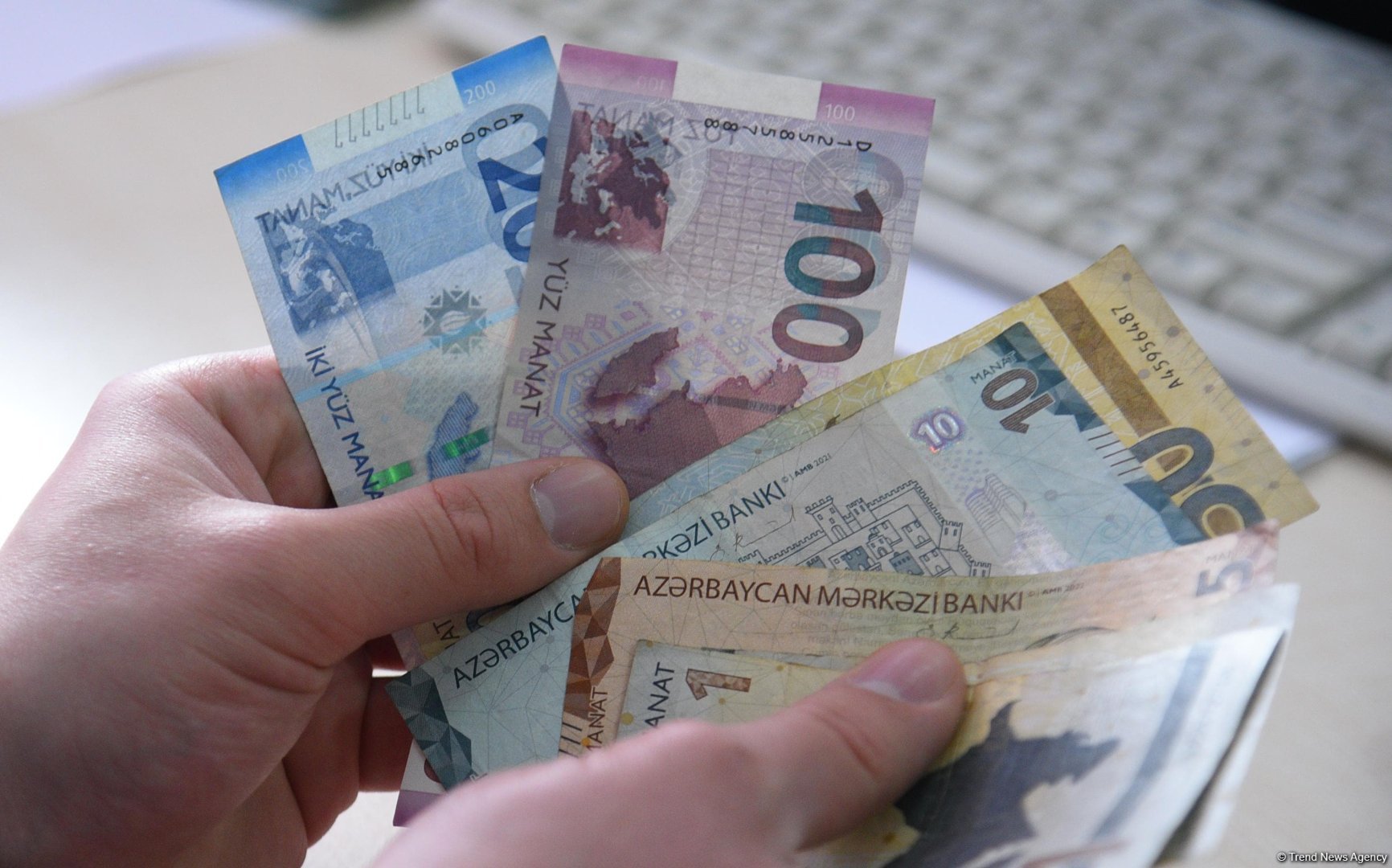
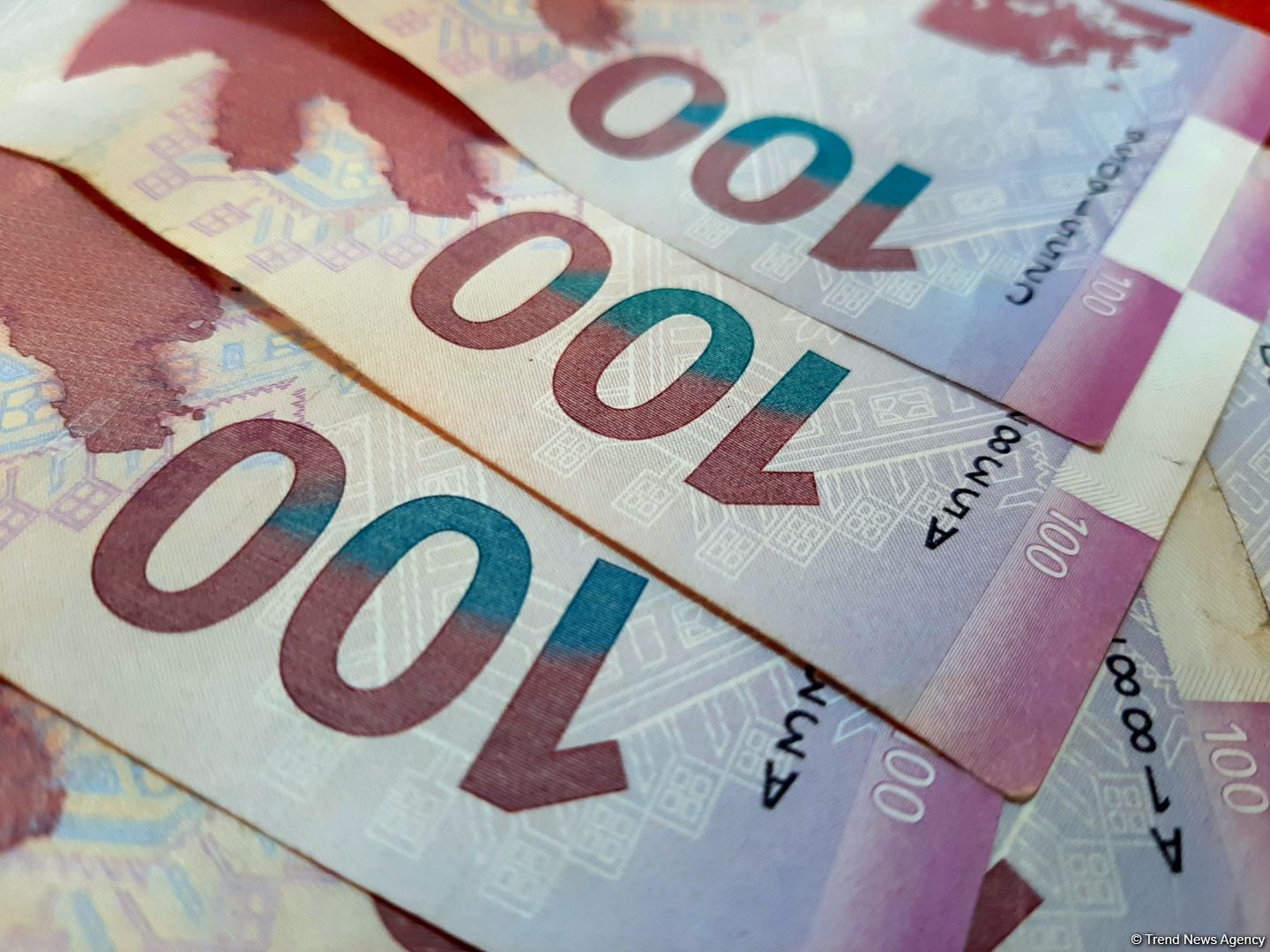
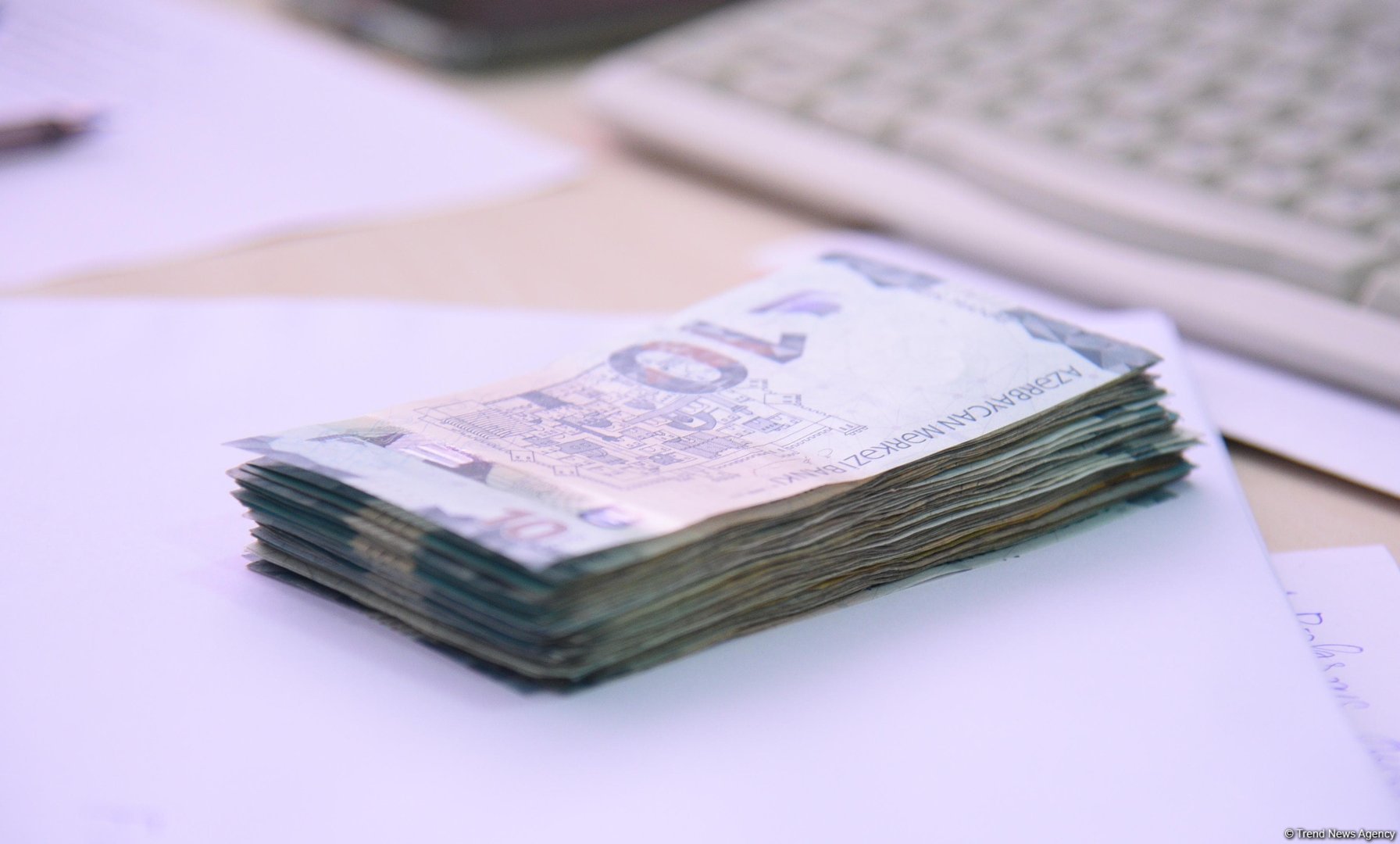
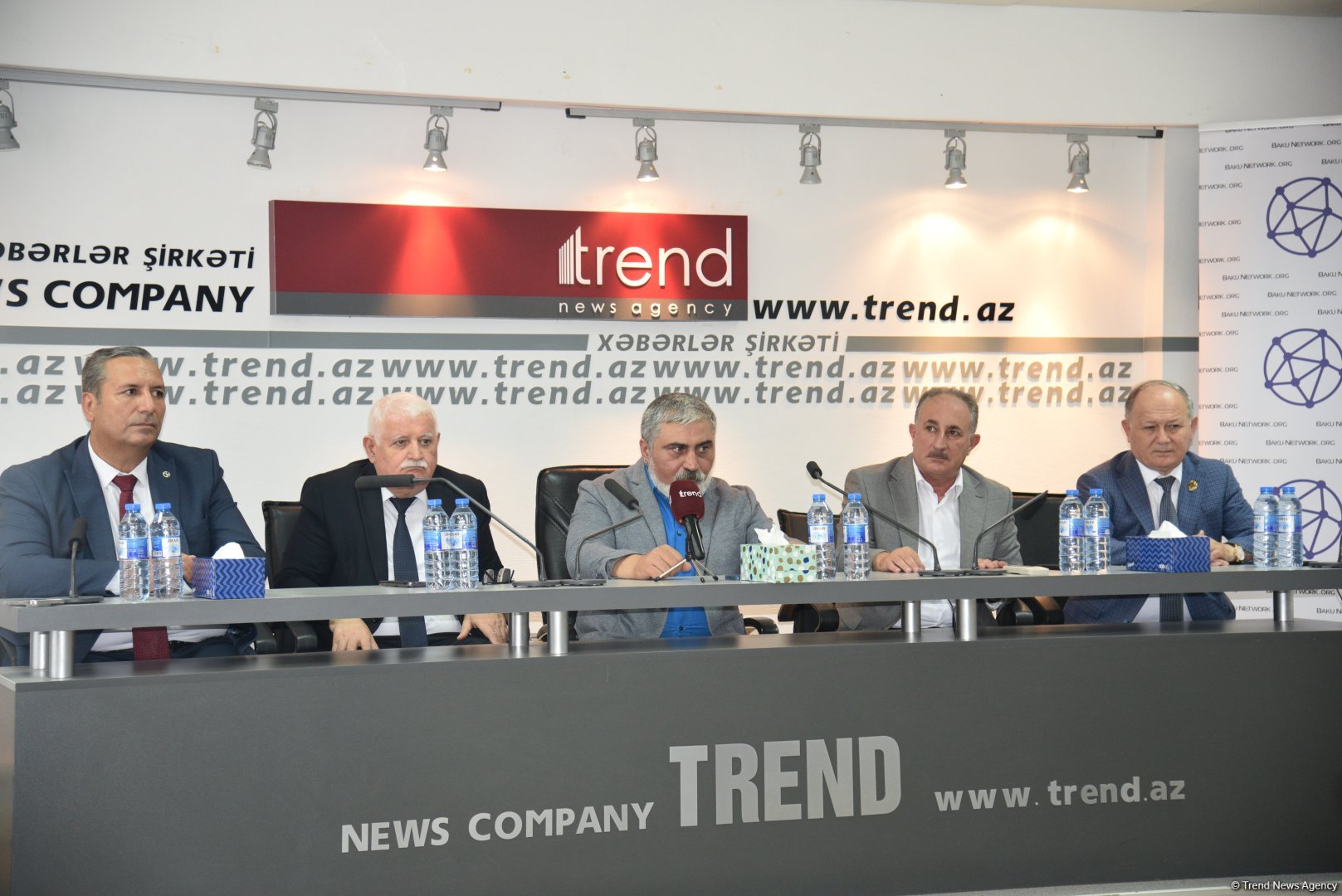
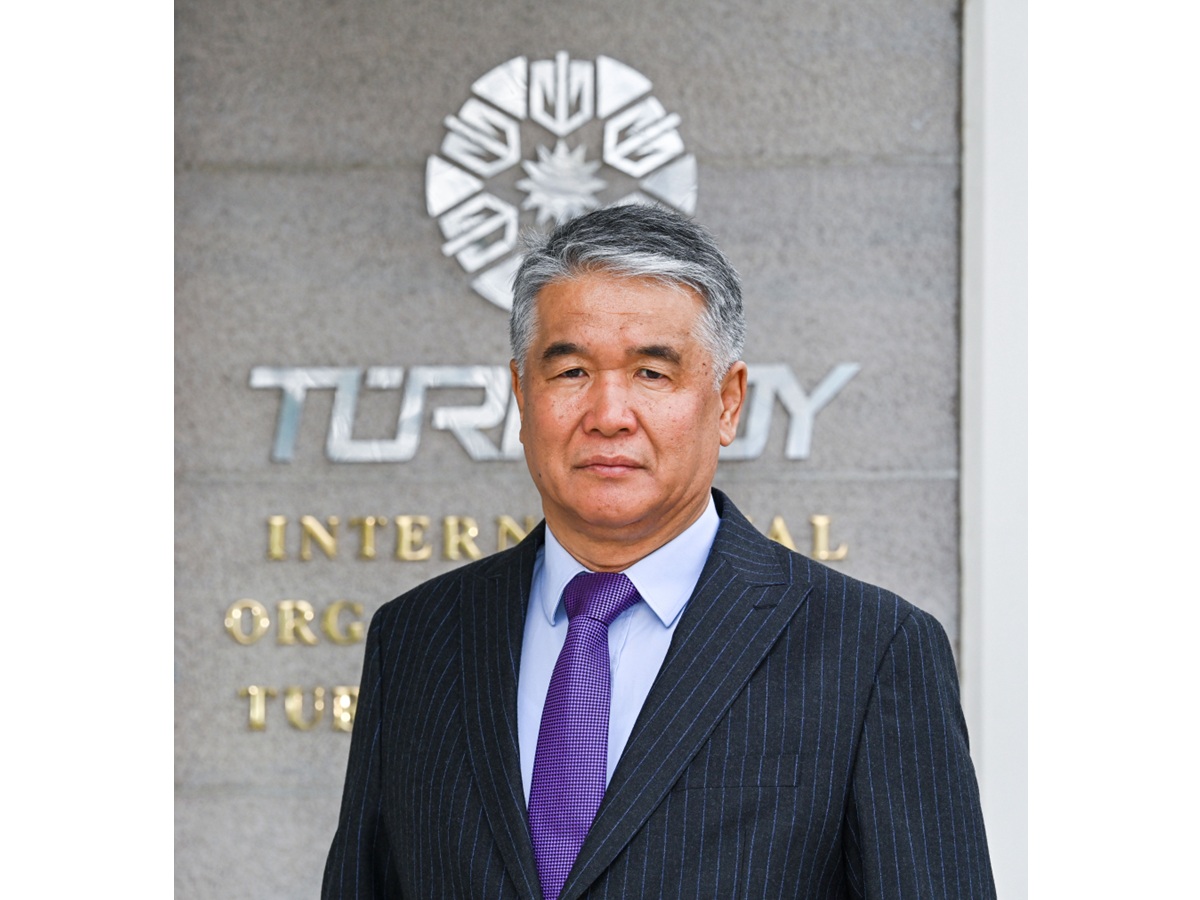
















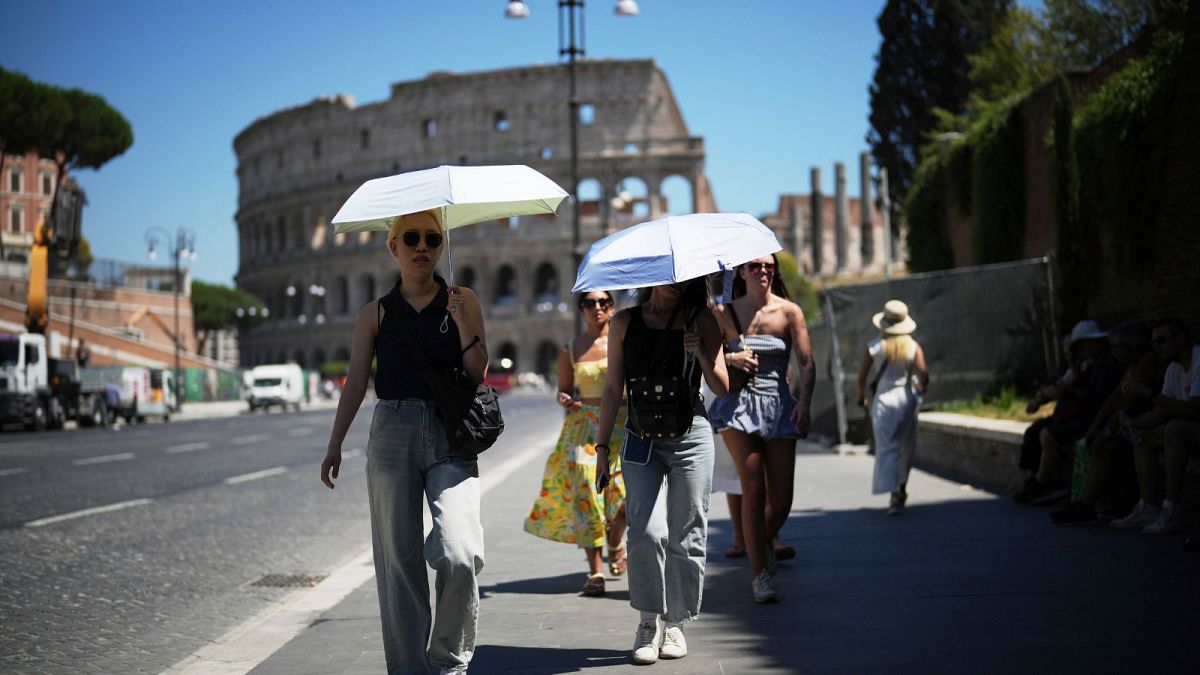
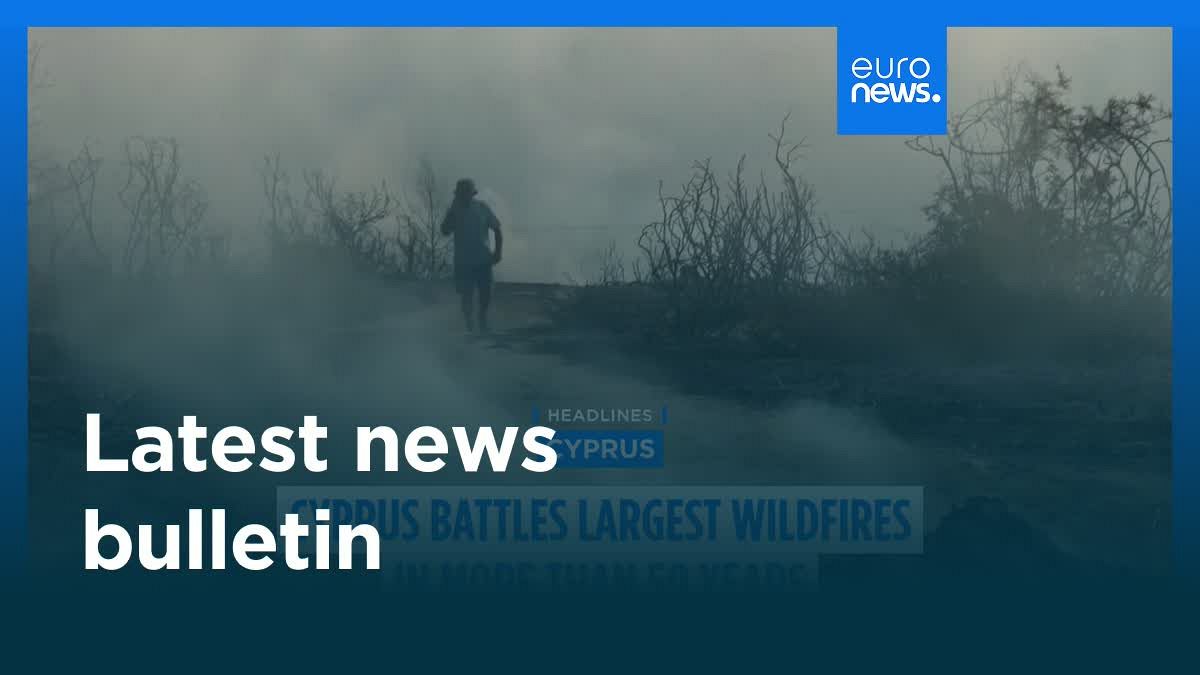







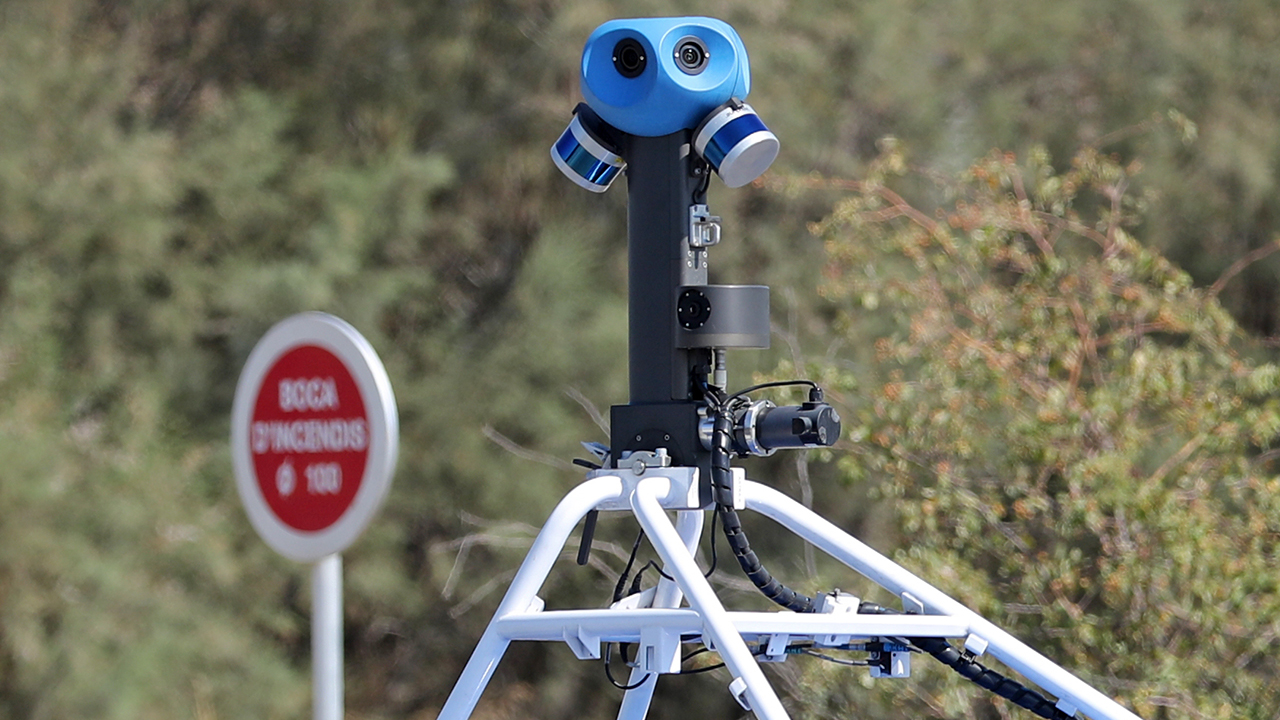
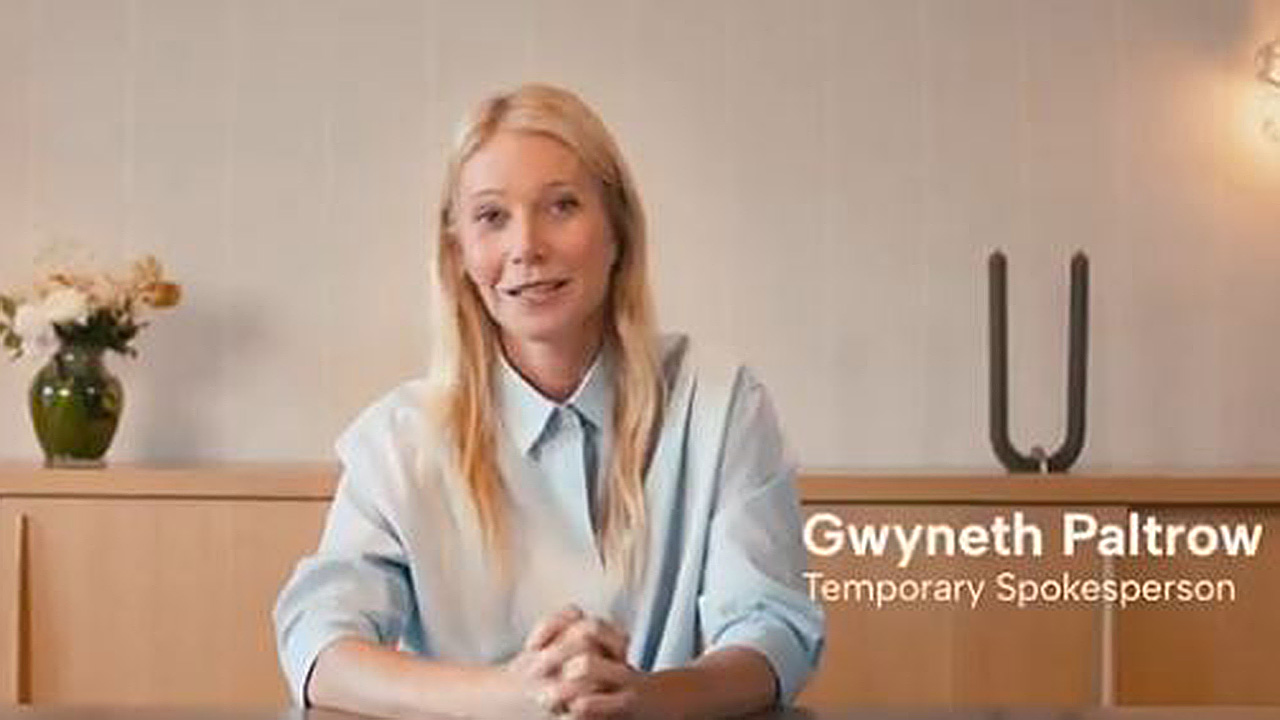
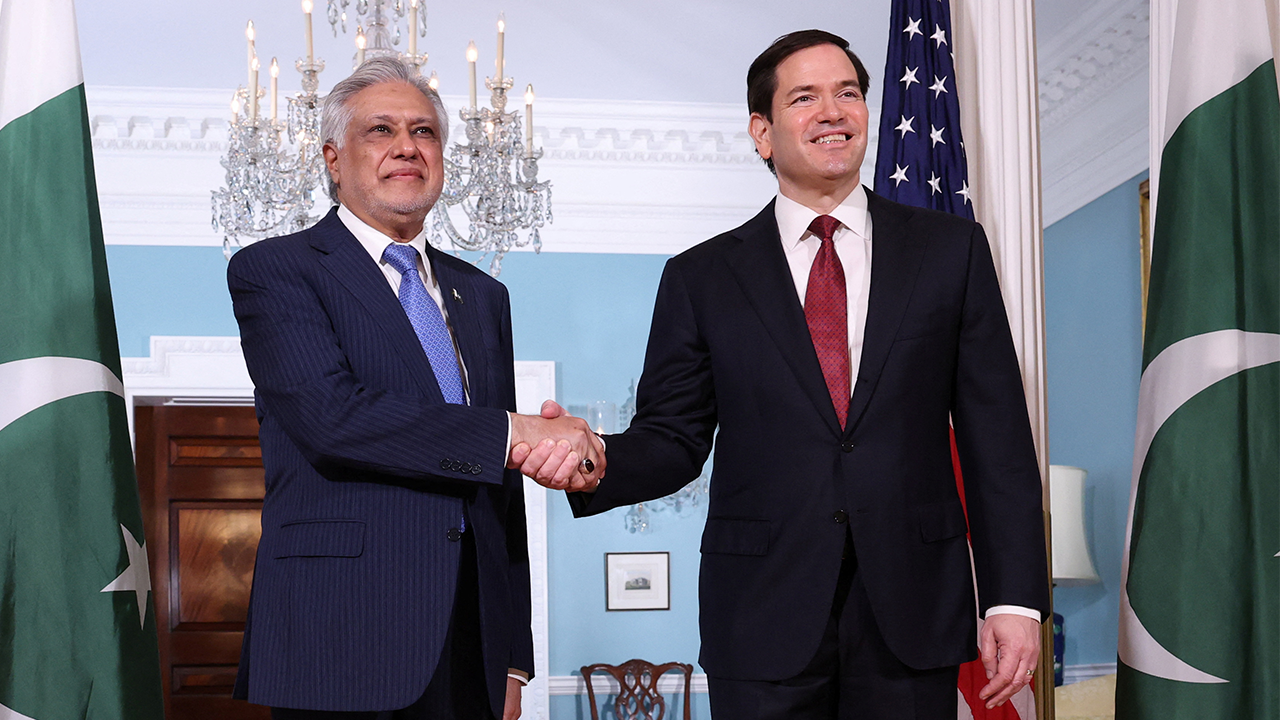


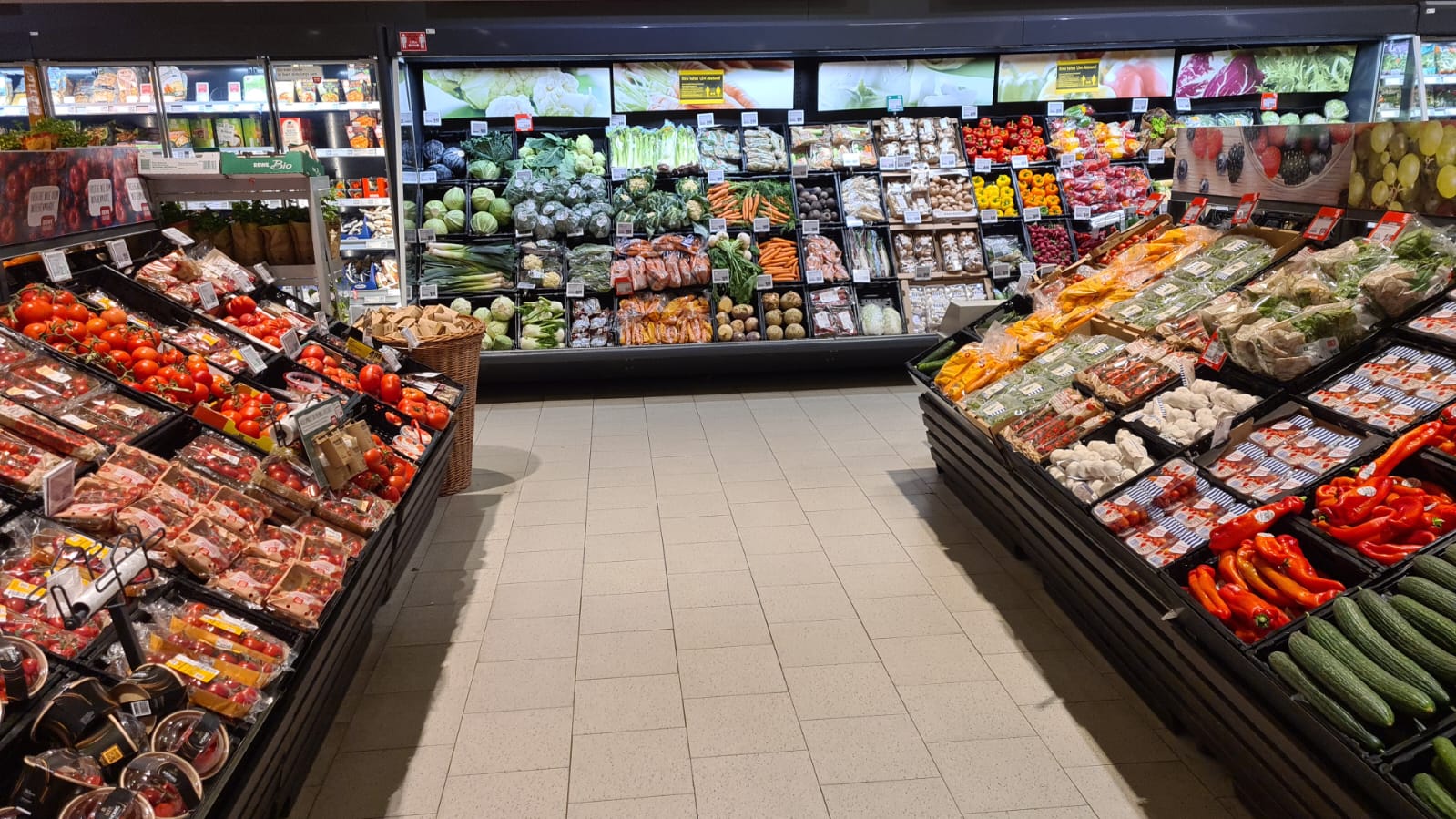
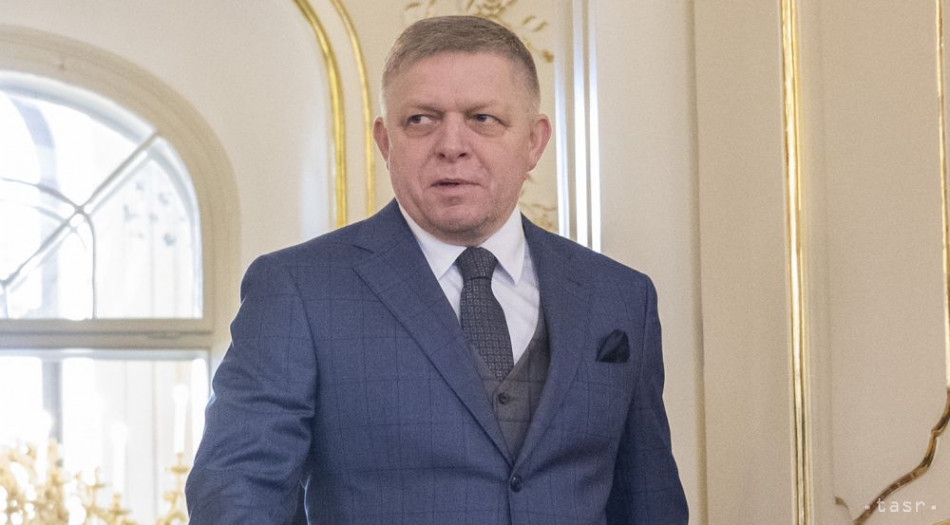

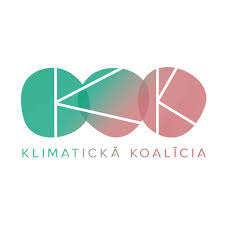
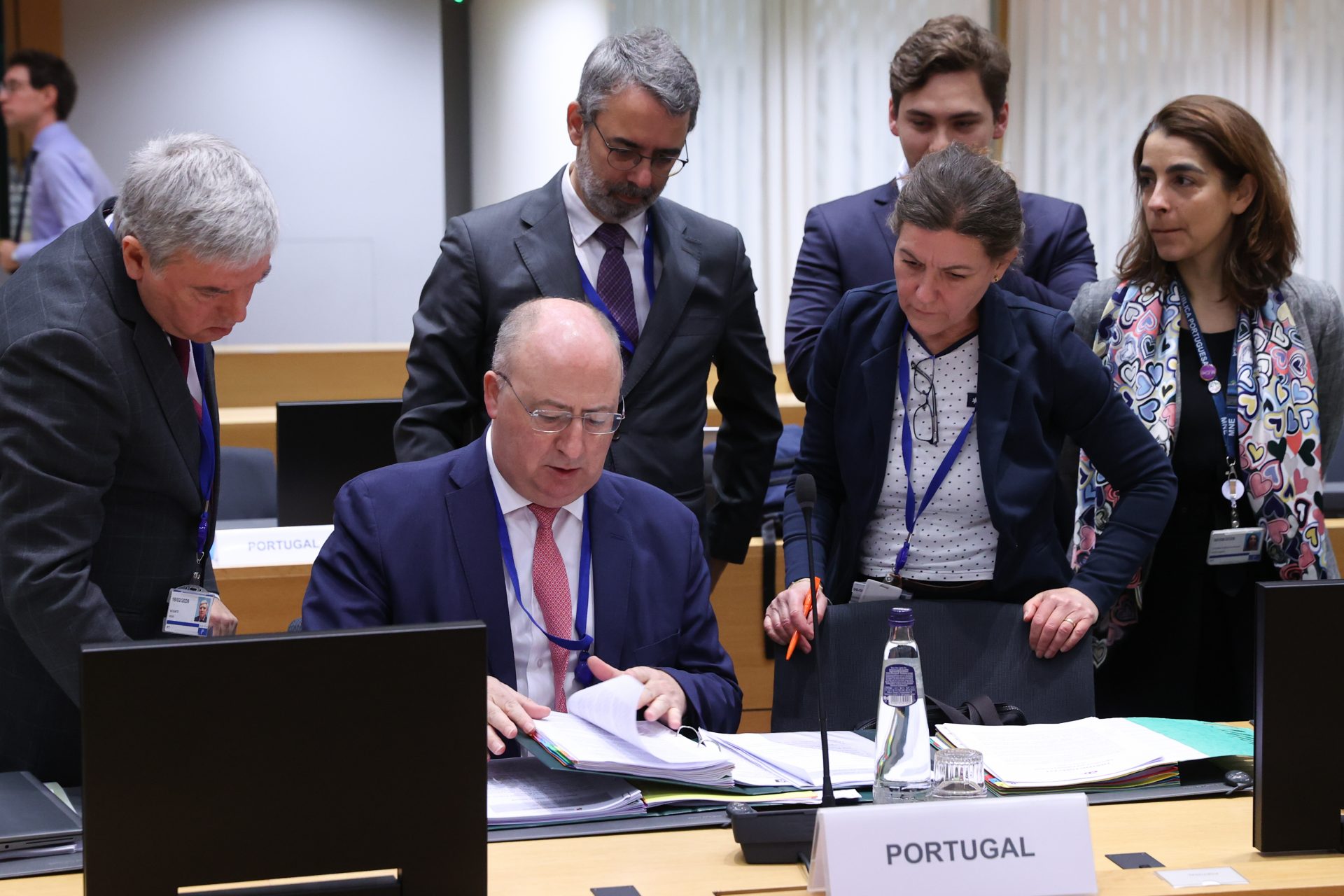


.png?Expires=1838763821&Key-Pair-Id=K2ZIVPTIP2VGHC&Signature=IO0~CT3pU-TcxGc~yoZSmoQx23MZVuK-~4jSii~NKEblRmyO3el7NXPu~Rh1o23voASg7hlcHLw4kvQuDK1jssEhcjoNBBvEpZ~GGOAU6yosBhpHpeF179F~h7i6VxmsBNh9gtTutkoqY73O2YCFey~IAqSzKbBqETP1kP9cAg1916Z1YkJJs-5MliMrkZ5d7-mWGLbpHp2wGj2VlMph8XzYlL4~y1O7fB~JdIS~Rs4RMRs2x0WT1qUIpHAsf3GdwtOyAmKFSpIg8xCyNGZZ5h~13nXlmpd7uPvW8tBfttpG9pFTqcway-uch5WyfHOEfi7UlJCOWrr6fCYY5PMgSg__)





